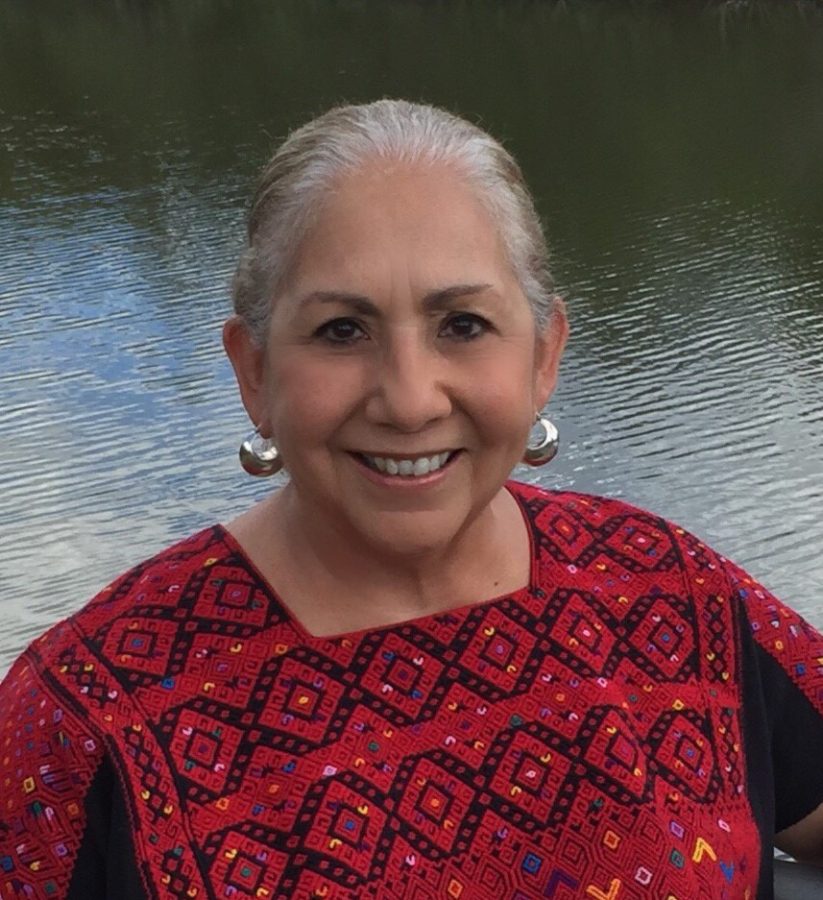Dr. Juliet Garcia hopes to provide the Sunday graduation ceremony with a call to serve as advocates. Formerly the president of UT Brownsville, Garcia now serves as the senior advisor to the UT System Chancellor for community, national and global engagement. Garcia was the first Mexican-American woman to head a U.S. college when she was named president of Texas Southmost College, which later became UTB. Time magazine named Garcia one of the top 10 college presidents in the nation; in 2014, she was named one of the top 50 world leaders by Fortune magazine. Currently, Garcia is working on collecting stories and writing the history of higher education in South Texas and the events leading to the establishment of the University of Texas Rio Grand Valley.
How have you prepared to address UTSA commencement graduates?
I have tried to imagine about which commencement speakers I thought were the best. The ones I remember are those that told a couple of stories, because people remember stories. People remember platitudes, so I am going to tell a couple of stories that I think might be useful for the graduates as they think about what their next steps are.
How will your current work contribute to your commencement speech?
From my perspective now at the Chancellor’s office and at the system level, I have a better view of the entire system and all the schools and colleges of the UT System. Sometimes we get too myopic; we think we are only one institution. Really, you are a member of a family when you graduate from a UT school. You join the ranks of graduates from seven medical schools, the best academic schools. You not only have a degree from UT San Antonio, but you also have a degree that comes from the brand of UT Systems. That is something I would like to make sure students understand.
What kind of message do you hope to leave with the graduating seniors?
A sense of hope and their role as advocates. Sometimes we forget that one of the reasons they are being prepared to live in this world is not just to get a job and have a career. It is also to be an advocate for social justice issues or for good things or for people who have no voice. If you do what you were prepared for really well, it will also benefit others. I would like to talk about advocacy and our roles as advocates.
What have you learned from your experience working in the UT System?
I have a friend who says, ‘if you want to find shade, you want to find the biggest tree to sit under.’ If I was looking for a place to have a career, I don’t think I could have found a better place than the University of Texas System. It’s always so natural for me. I did not do my undergraduate work at a UT school, but I did attend the University of Texas at Austin for my ph.d. Once I got there, I knew that is where I fit. Everything else has been looking for that spot. So, to end up becoming a president in that system is something I would have never imagined being able to achieve. It has been an extraordinary privilege to have landed where I did and to have spent my career with UT.
What was your mindset and strategy to achieve so much success and recognition in your field?
Whatever happens to be on your plate, you try to do the best that you can. You do it well sometimes and other times you aren’t as successful, but you keep at it. I believe that you are given gifts to use for yourself but also in advocacy for others. When I talk about advo- cacy, I think that has been the most important contribution I have made is interpreting for others sometimes, helping them have voice. Learning from them what their needs are and then helping them reach their potential. So, whether it is a kid wanting to play chess inter- nationally or a physics student wanting to do gravitational wave astronomy, I can’t teach them that. What I can do is get access to it. I can find the right physicist to teach you or the right chess master to challenge them in chess. My job has always been to bring resources to the community that needs them the most.









